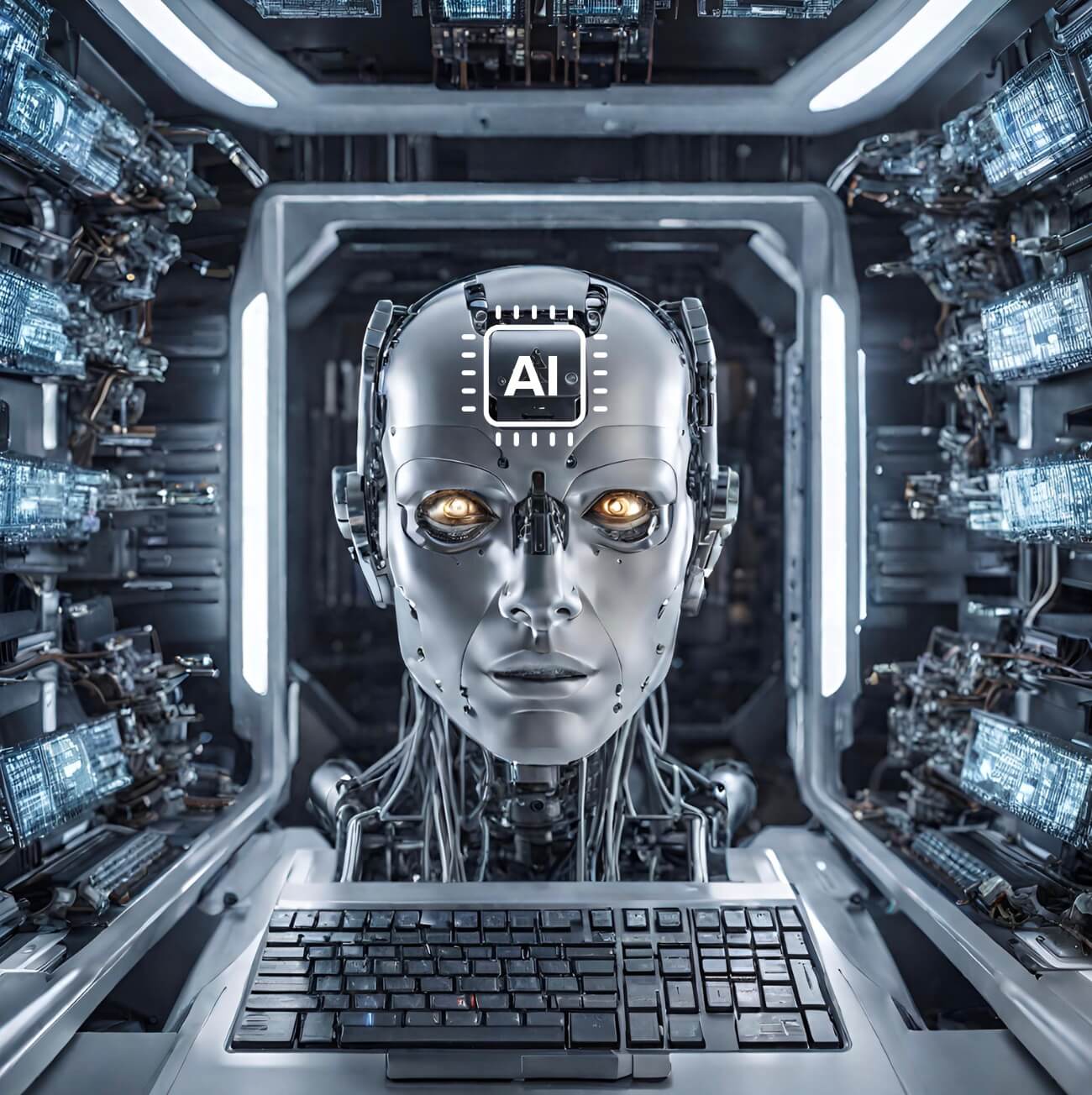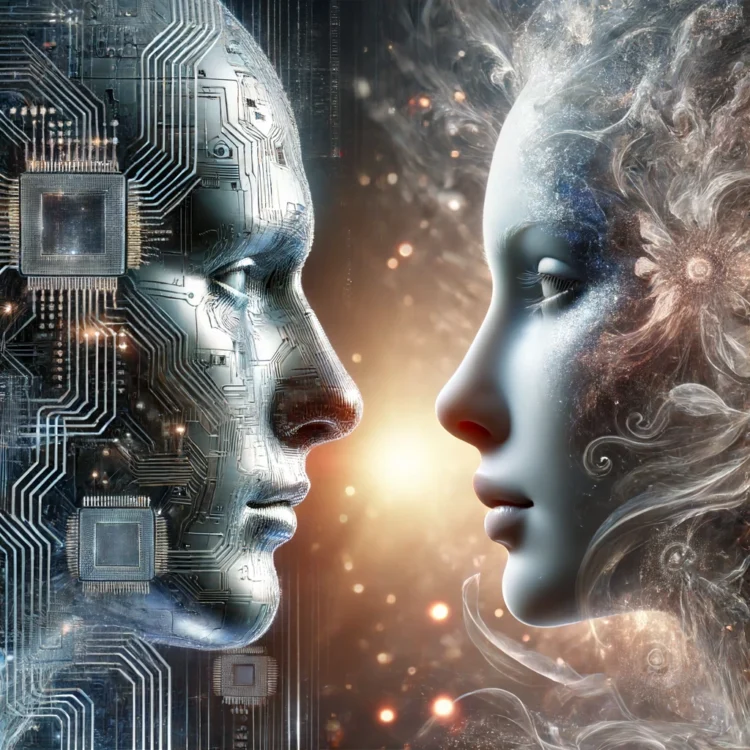Artificial Intelligence (AI) is a captivating branch of computational science dedicated to creating non-living rational agents. These systems are capable of perceiving their environment and acting in ways that maximize their chances of success. AI transcends mere imitation of human intelligence, aiming instead to optimize decision-making based on principles of efficiency and coherence.
A key focus of AI is rationality, which involves an agent’s ability to process information and act in a logical, goal-oriented manner. This differs from the broader concept of intelligence, which may encompass a range of cognitive and emotional abilities.

AI is also diverse in terms of knowledge. It can incorporate various types of information and methods for representing and utilizing that knowledge. This can be directly programmed into the agent by its designers or, more advanced, acquired by the agent itself through machine learning techniques, where the system learns from experience and improves over time.
The term “Artificial Intelligence” was coined in 1956, yet the discipline had been in development for several years prior, with many different definitions proposed. Despite the lack of initial consensus, AI has grown to become one of the most innovative and sought-after fields by scientists, on par with modern genetics.

For those just beginning to delve into the world of AI, it’s crucial to understand that it’s not about robots thinking and acting like humans, but about systems designed to perform specific tasks efficiently and effectively. From product recommendations to medical diagnoses, AI is transforming entire industries and the way we live our lives.











